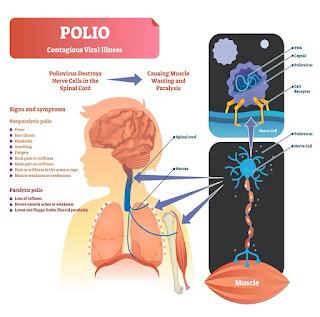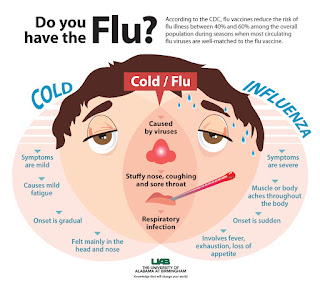Polio: Types, Causes, & Symptoms

post polio disease :: Article Creator Survivors Of Childhood Polio Do Well Decades Later As They Age Mayo Clinic researchers have found that years after experiencing childhood polio, most survivors do not experience declines greater than expected in their elderly counterparts, but rather experience only modest increased weakness, which may be commensurate with normal aging. "Other researchers have suggested that polio is a more aggressive condition later in life, but we've actually found it to be relatively benign," says Eric Sorenson, M.D., Mayo Clinic neurologist and lead study researcher. "Our results suggest that polio survivors may not age any differently than those in the normal population -- they're not doing too badly compared to their peers. This tells us that the cause for the decline in muscle strength in polio survivors may be aging alone." Advertisement Polio is a contagious, viral illness that peak...



